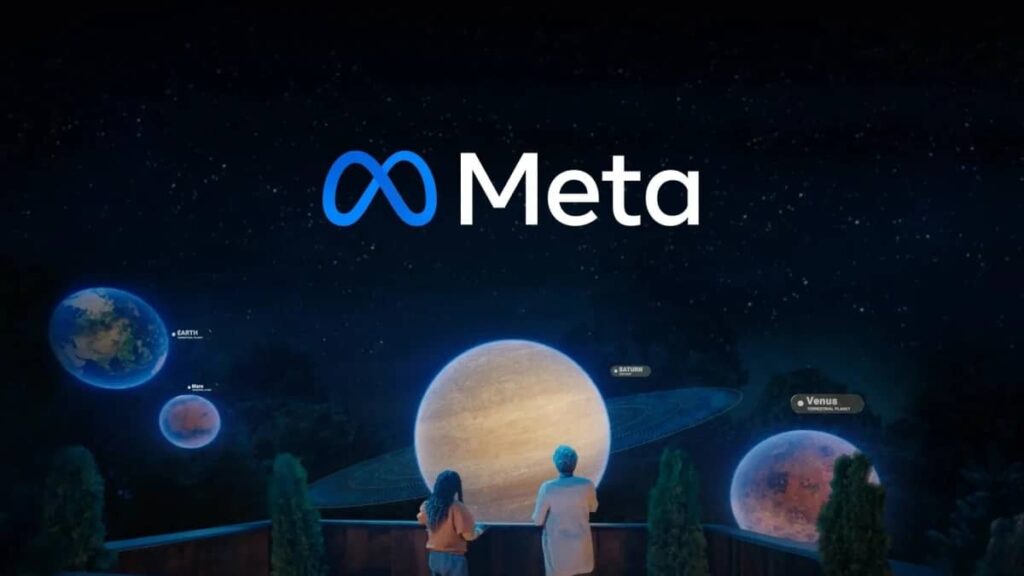Meta, the parent company of Facebook and Instagram, is contemplating the possibility of introducing paid, ad-free services for users in the European Union (EU). This strategic move comes as the company grapples with mounting regulatory pressure regarding its handling of user data. In light of a recent ruling by the European Court of Justice and the EU’s General Data Protection Regulation (GDPR), Meta is exploring subscription-based alternatives to its ad-supported model. This article delves into the details of Meta’s proposed subscription plans, regulatory challenges, and the implications for users in the EU.

Charging for Ad-Free services
Meta is considering implementing a subscription-based model that would allow EU users to access an ad-free version of Facebook or Instagram on their mobile phones. According to sources familiar with the discussions, the company is mulling over a monthly fee of €13 (£11) for ad-free access on mobile devices. Additionally, Meta is contemplating a €17 charge for an ad-free experience on desktop platforms. Users who wish to access both Facebook and Instagram without advertisements on smartphones may incur a monthly fee of approximately €19.
Regulatory context
Meta’s consideration of subscription charges follows a significant ruling by the European Court of Justice in July. The court, headquartered in Luxembourg, determined that under the GDPR, Facebook cannot employ personal data for targeted advertising without obtaining users’ prior consent. This ruling challenges Facebook’s primary revenue stream, which relies on personalized advertisements.
The court ruling also raised the possibility of offering an “appropriate fee” as an alternative to personalized ads, leading Meta to explore the subscription-based model to comply with evolving regulatory requirements.

Engagement with regulatory authorities
Meta is actively engaging with Ireland’s Data Protection Commission, which serves as the regulatory authority for the company across the EU due to its regional base in Dublin. The company is also in discussions with European officials in Brussels regarding its subscription-based plans.
The plan: Subscription no ads (SNA)
The proposed plan, referred to as “SNA” or Subscription No Ads, would provide users with a choice between accessing Facebook and Instagram for free with personalized advertisements or opting to pay for ad-free versions. This plan could potentially be introduced as early as next month, as Meta has until the end of November to align its practices with the European Court of Justice’s ruling.

Meta’s response
A spokesperson for Meta emphasized the company’s belief in the value of free services supported by personalized advertisements. However, they stated that Meta is actively exploring various options to ensure compliance with evolving regulatory requirements. At present, Meta has not disclosed further details about its subscription plans.
Concerns and opposition
Notably, Max Schrems, a prominent advocate against Meta’s data practices, expressed strong opposition to the proposed subscription fees. Schrems, who has successfully pursued legal complaints against Meta’s platforms in the past, argues that paying for fundamental rights, such as data protection, sets a troubling precedent. He contends that fundamental rights should not be subject to financial barriers and raises concerns about the potential exclusivity of these rights.
Conclusion
Meta’s consideration of charging EU users for ad-free access to Facebook and Instagram reflects the company’s response to regulatory challenges in the region. The European Court of Justice’s ruling and the GDPR have compelled Meta to explore subscription-based alternatives to its ad-driven business model. As discussions with regulatory authorities continue, the introduction of Subscription No Ads (SNA) could mark a significant shift in how social media platforms balance user privacy, advertising revenue, and compliance with EU regulations. The outcome of these deliberations will undoubtedly have far-reaching implications for users in the European Union.








